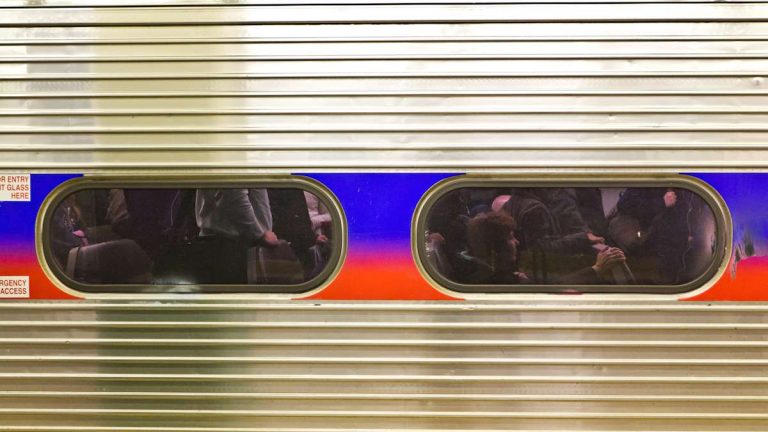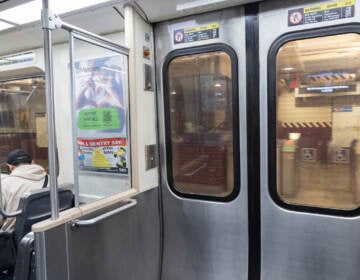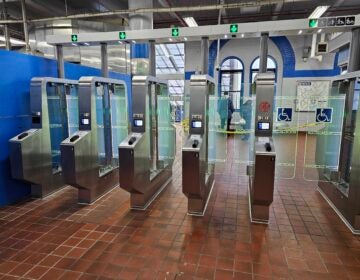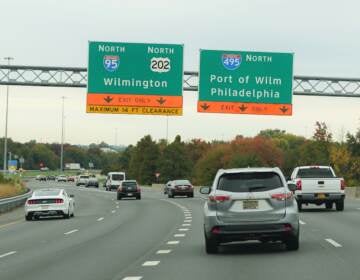SEPTA expects big progress on construction projects over next 12 months

SEPTA kicked off its annual capital budget process Wednesday with a pair of public meetings showcasing the vehicles it plans on purchasing and the stations it plans on rehabbing over the next dozen years.
The transit agency’s planners will present a formal budget proposal for the 2019 fiscal year, which begins July 1, 2018, in March. Wednesday’s open house provided members of the public a chance to weigh in on what repair and construction projects they feel SEPTA should prioritize.
Matt Mitchell, vice president of the Delaware Valley Association of Rail Passengers, said he wanted SEPTA to focus on the behind-the-scenes infrastructure to ensure the system’s smooth operations as it continues to expand. Mitchell said his group would be paying particular attention to SEPTA’s multi-year, multi-step plan to modernize its trolleys, which will require considerable improvements to the agency’s power grid, underground signaling system, and stations.
SEPTA expects to advance a number of more visible projects in the coming fiscal year, including an overhaul of the Wissahickon Transit Center.
“We’re in the process of design right now, that’ll be about a year’s worth of design, and then construction will start after that,” says Catherine Popp-McDonough, SEPTA’s capital budget, and grand development director. “We will see a brand new Wissahickon Transit Center by 2020.”
Construction to install elevators and rehab the concourse at 15th Street Station should finish this year, says Bob Lund, SEPTA’s assistant general, clearing the way for work to begin on the complete overhaul of City Hall Station. Work underneath the world’s largest municipal building will last at least four years, which will make SEPTA’s busiest station that much more cramped for a while.
SEPTA will also begin what will undoubtedly be the slowest Wawa run ever — a three-year project to restore service to the Delaware County town home to the beloved, eponymous convenience store chain. Three miles of track will be extended from Elwyn to Wawa, which will also get a new station, restoring service that was discontinued in the early 1980s.
SEPTA also expects to finish work on new elevated Regional Rail platforms at Secane, Paoli, Villanova, Yardley, and Exton, and to begin work at Lawndale. In addition to making those stations wheelchair accessible, the raised platforms will speed up boarding times.
A third of SEPTA’s capital budget will go towards new vehicle purchases, including the on-going procurement of 525 new 40-foot hybrid buses over a five year period, and 25 all-electric buses set to begin service this spring.
SEPTA expects its capital budget for FY 2019 to total around $680 million, with $570 million going to construction and vehicle purchases and $110 million to leases and debt financing. That’s a big drop from the current fiscal year’s $727 million budget, but no cause for concern, says SEPTA spokesman Andrew Busch. Over the last few years, the authority took out around $300 million in EB-5 loans to finance a number of capital projects. As SEPTA stops taking on debt, the annual capital spending totals decline, but the authority’s state and federal funding remains stable.
WHYY is your source for fact-based, in-depth journalism and information. As a nonprofit organization, we rely on financial support from readers like you. Please give today.






